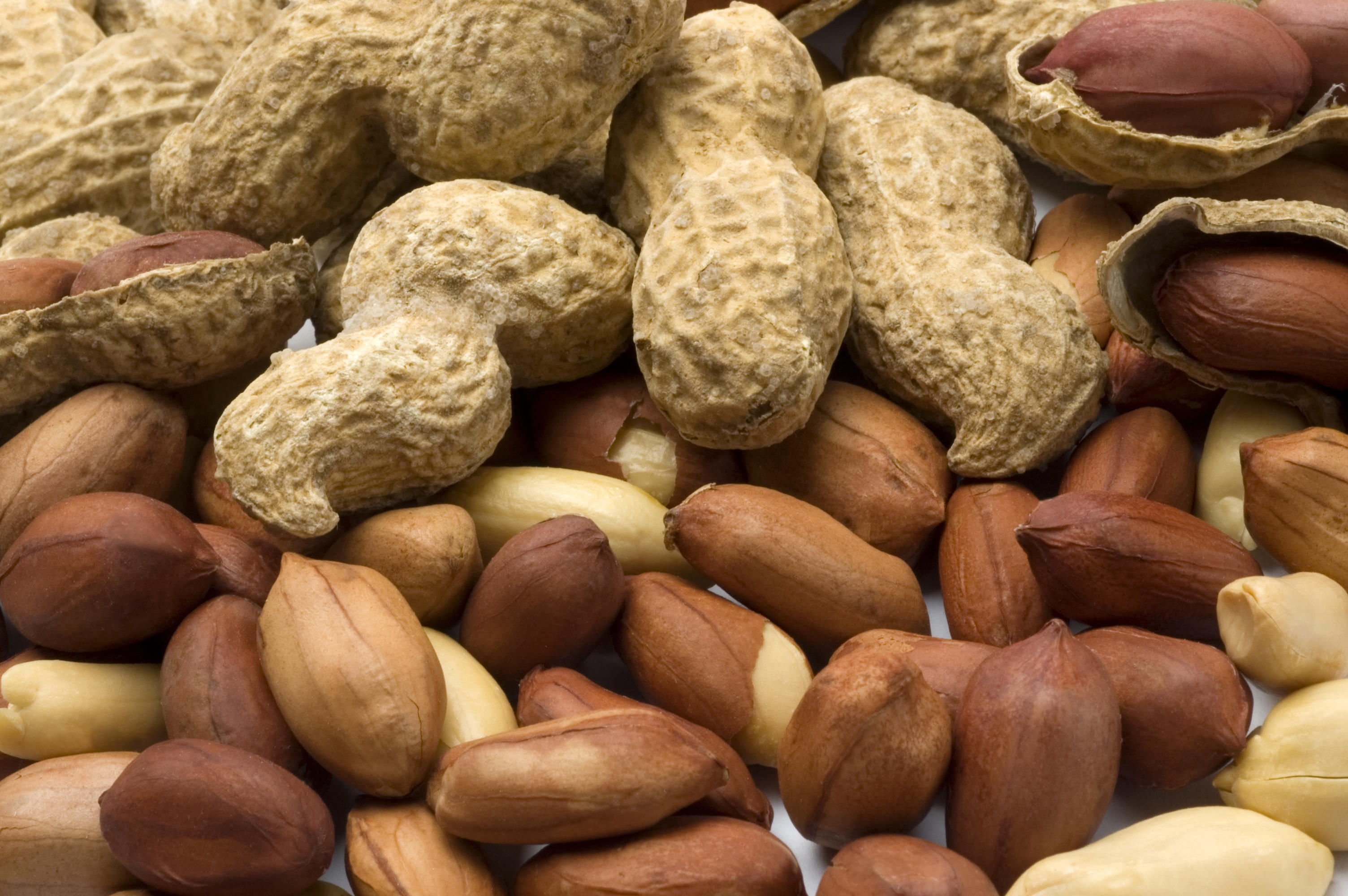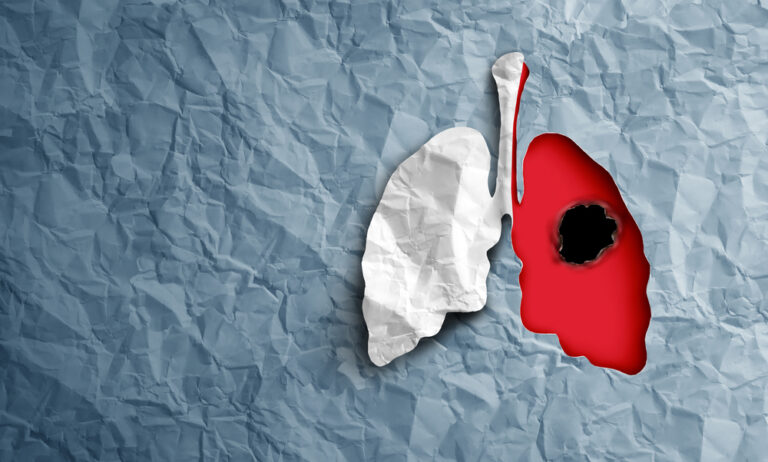Cavities or tooth decay is the destruction of tooth enamel. And if not taken care of promptly, the loss of a tooth and nasty gum disease could be in your future.
How do cavities start? Cavities occur when simple sugars remain on the teeth over time and promote the growth of destructive mouth bacteria that erodes tooth enamel. And cavities aren’t just for kids. Aging predisposes adults to cavities because of receding gums. This puts adults at risk for tooth plaque, especially those who are over 50 and are prone to tooth-root decay.
Additionally, the dental fillings get old, too! Fillings you first had in your younger years can weaken, fracture and leak around the edges as you age. Bacteria can take advantage of these crevices and wham – you’ve got tooth decay!
According to the American Dental Association, tooth decay may be prevented by following these 4 simple rules:
- Brush twice daily with a fluoride toothpaste
- Floss daily
- Have regular professional cleanings and oral examinations.
- Eat nutritious food and limit sugary snacks
Though sugary foods can lead to tooth decay, is also important to know the foods that keeps it at bay – check them out!

Apples
An apple a day may help keep the dentist’s drill away. Crunching apples helps saliva clean the teeth and the flavonoids in apples inhibit bacterial growth in the mouth, shown by experimental studies in animals and intervention studies.
Cheese
Eating cheese helps improve oral health by preventing loss of minerals in teeth and the protein found in cheese also helps counteract the acids that cause tooth decay. Cheese contains casein, a type of protein that helps with calcium re-mineralization of enamel on the teeth. And it doesn’t have to be a lot of cheese, either. As little as 5 grams of cheese can be effective in reducing tooth decay. One of the earliest studies on cavity prevention from cheese was when scientists fed Emmental cheese on bread to rats and found decreased prevalence of tooth decay.
Cocoa
What do tea, coffee and cocoa all have in common? Polyphenols! These unique plant nutrients play a role in the prevention of cavities because of their ability to fight bacteria. Cocoa polyphenols reduce the formation of acid from Streptococcus and S. sanguinis bacteria – the bacteria that produce caustic acid that poke holes in your teeth.
Cranberries
Flavonoids are known for their antimicrobial effects and likely tooth decay-preventing properties. Cranberries, and many other berries, are rich in these compounds and organic acids. The flavonoids in cranberries and blueberries inhibit bacteria from sticking to surfaces which is the same mechanism that prevents e.coli bacteria from adhering to the bladder wall, causing urinary tract infections. A study showed that cranberries decreased cavity promoting bacteria found in saliva.

Peanuts
Although both peanuts and peanut butter contain the same fiber, scientists think eating foods that require more chewing is what decreases plaque build-up. Peanuts are one of the least cariogenic (cavity causing) foods you can eat.
Black tea
Drink tea without adding sweeteners, since sugars are known to increase risk of tooth decay. Flavanols, such as epigallocatechin, are abundant in tea and have been shown to reduce the growth of harmful bacteria. Additionally, tea leaves contain fluoride, a mineral that supports oral health by helping strengthen the mineral composition of teeth.
Unsweetened kefir/yogurt
Plain kefir or yogurt combined with naturally sweet fresh fruit loaded with fiber acts like a natural toothbrush so sugars don’t stick. Yogurt contains calcium and phosphorus which are two minerals needed to remineralize teeth. Often, these two minerals are removed by the acids in the mouth. Kefir is also naturally rich in protein and a good source of magnesium, riboflavin, folate and B12.

























